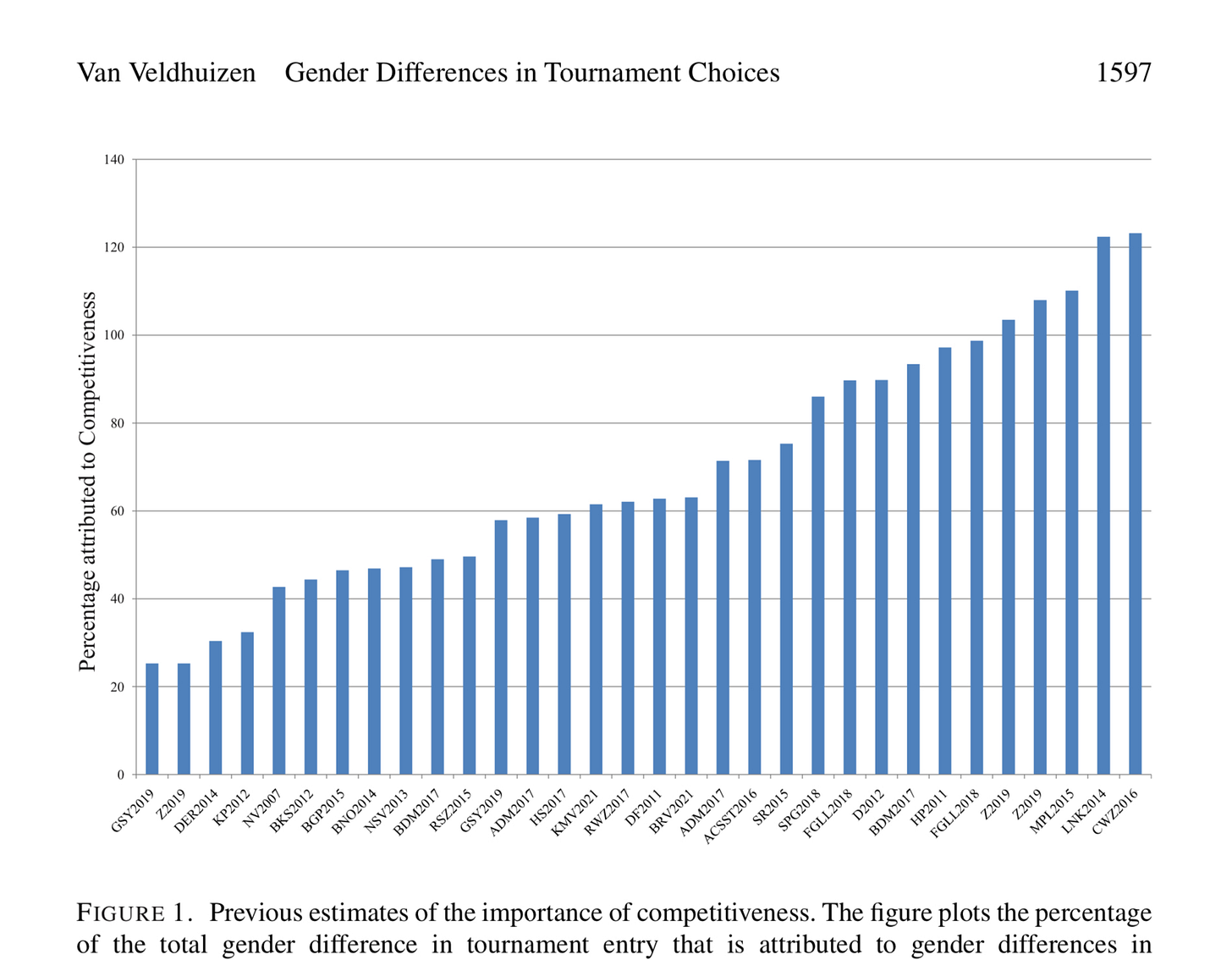NFL teams have a problem — offensive lines are getting worse compared to defensive lines. For those unfamiliar with football, the offensive line protects the quarterback, giving him time to throw the ball; and also blocks downfield, allowing players to run with the ball. Opposing them are the defensive line. They aim to sack the quarterback, tackling him behind the line of scrimmage, and to stop the offense from running forward with the ball.
That offensive lines are indeed getting worse vis a vis defensive lines is universally agreed upon — see this reddit thread, for example. I think the whole story can be explained through economics. It only takes one guy to sack the quarterback, but it takes all five to protect him. The defensive line is as strong as the strongest player, while the offensive line is only as strong as the weakest player. Following Sherwin Rosen’s “The Economics of Superstars”, the function which transforms player talent to wins is convex. Becoming more talented below a threshold adds little value, until it starts adding a lot of value. We can see how marginal value dictates price in other positions; the very best quarterbacks are paid a ton of money, because having two mediocre quarterbacks is terrible, while even the best running backs aren’t paid much because any sap can run forward through the line.
Every athlete enters the sport wanting to make the most money and do the most glamorous jobs. As the NFL has increased pay for the best defensive linemen, every freak athlete prefers to train on that side of the line. What’s more, there is reason to think that this state of affairs might be socially suboptimal. Men are far more competitive than women, even when it hurts them. This has been replicated many times; the table here is taken from a meta-analyses of gender differences in competition. These differences are not due to risk-preference, but due to competitiveness. (To identify this, researchers offer a lottery, and compare uptake to a competitive scheme with identical odds).
Men are more competitive even when it hurts them. Niederle and Vesterlund (2007) use a lab experiment in which they task participants with summing up as many sets of two digit numbers as they can. They are paid either at a fixed rate of 50 cents per set, or they are put in a tournament, in which they win $2 per set if and only if they add the most out of a randomly selected group of four. They were then asked whether they, when they did the task again, would like to enter the competition or the fixed rate. Men and women were no different in ability, but astonishingly different in willingness to enter the tournament payment scheme — 73% of men, vs 35% of women. Men are systematically overconfident in their ability and prefer competition — which certainly fits football players to a tee! This may also go some way in explaining the overrepresentation of men at the top.
There are other explanations for why people might be inclined to play defensive line. Pass-blocking sucks, after all. Coaches at levels below the NFL would want their best players on the defensive line anyway. However, pass-blocking has always sucked, and I assume that coaches have always been making more or less the best decisions for their team. The change in pay is the difference here.



